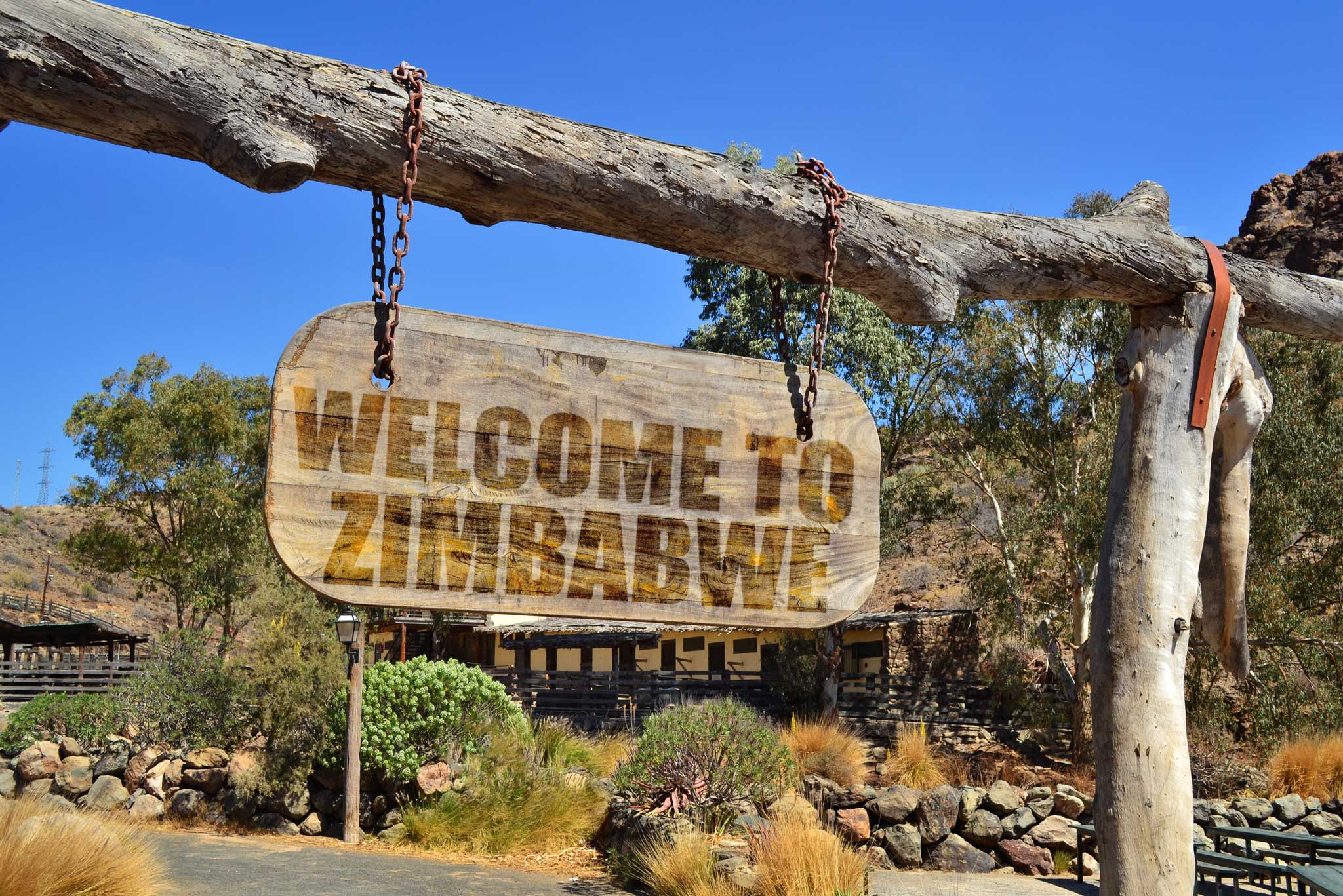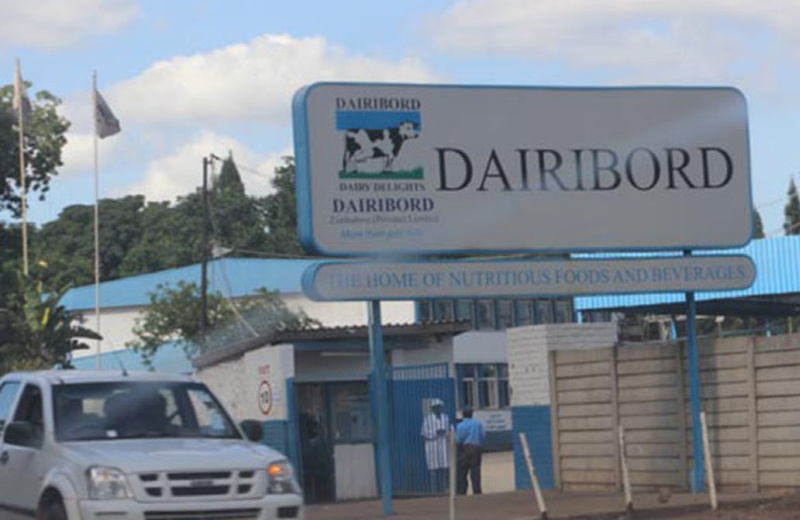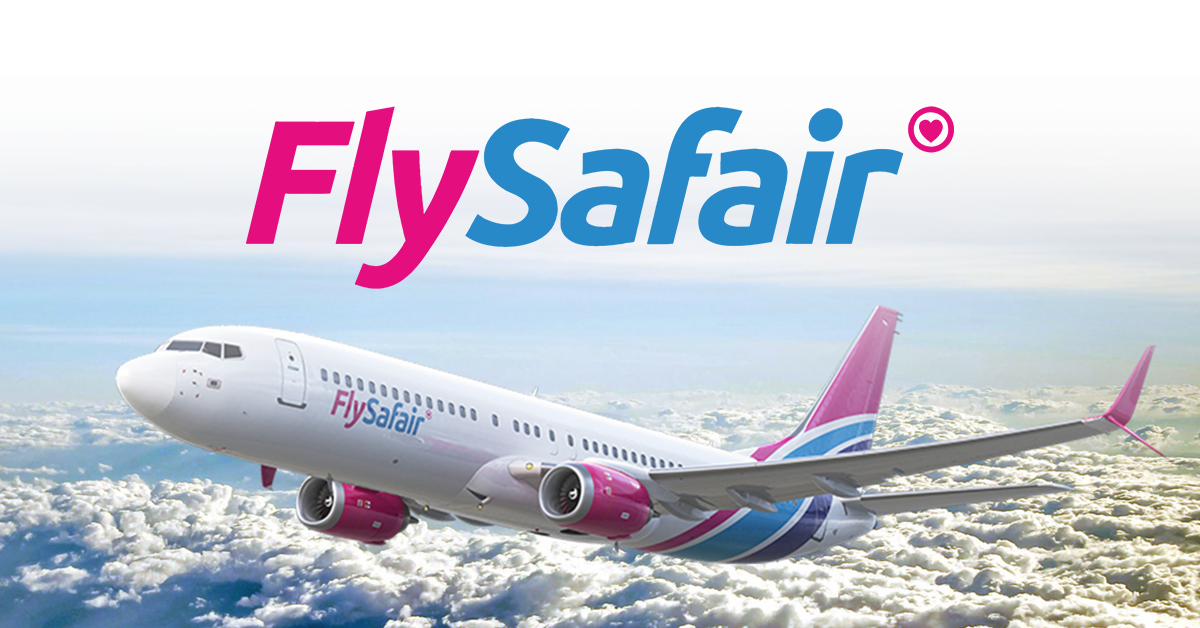More incentives for mining sector… ED pledges support for artisanal miners to realise US$12bn target
PRESIDENT Mnangagwa has said the Second Republic adopted an inward looking approach to solve its challenges, a development that has seen the stabilisation of the economy in the past three years, making it the fastest growing economy in the Sadc region.
The agricultural input schemes implemented by Government have also transformed the livelihoods of millions of communal farmers who are now food secure.
Transforming agriculture is at the centre of the Government’s national vision, which is aimed at ensuring a prosperous upper middle-income society by 2030.
The vision embraces viability of the agriculture sector as enshrined in the ambitious Agriculture and Food Systems Transformation Strategy (2020-2025), which President Mnangagwa launched in 2020.
Now that the country is food secure, emphasis has shifted to industrialisation and modernisation buoyed by the mining sector that is expected to grow into a US$12 billion economy by year end.
Speaking during the Miners Forum for Economic Development (Miners for ED) interface meeting yesterday, President Mnangagwa said Zimbabweans alone can solve their own challenges.
President Mnangagwa greets Midlands State University Vice Chancellor Professor Ngonidzashe Muzvidziwa on his arrival at Zanu-Pf Conference Centre in Gweru for the Miners For ED interface meeting yesterday.
“We embraced an inward looking approach when the Second Republic came into power and it is paying dividends. We have put in place policies that are driven by local initiatives for socio-economic development of the country,” he said.
“We managed to stabilise the economy in the past three years making it the fastest growing economy in the Sadc region and that’s a huge success. Now the economy is growing by between four and six percent annually.”
President Mnangagwa said the country is now food secure and will not import food anytime soon.
The Pfumvudza/Intwasa programme has seen the country exporting maize for humanitarian purposes and recently tonnes of grain were donated to Malawi following a devastating cyclone.
“We must grow our own food and never import grain. We now have the capacity to guarantee food security at the household level through the Pfumvudza / Intwasa programme and our people are food secure,” said President Mnangagwa.
“We also said that relying on Ukraine for wheat was not good and we have a surplus of wheat. Now that we are food secure, we are working towards economic development.”
Artisanal miners, the President said, are at the centre of economic development and the Government will do its best to support them and improve their environment so that the country meets its target of a US$12 billion mining industry by the end of this year.
He said all bottlenecks that include legislative gaps that can impede their work will be addressed as the country moves towards modernisation and industrialisation using various instruments as it works to realise its Vision 2030.
President Mnangagwa promised additional incentives for mining sector investors and called for the effective organisation and syndication of small to medium-scale miners within the sector.
“When the Second Republic came to power, the mining sector was contributing $2,8 billion to the economy but now contributing $12 billion. Of this, artisanal miners are contributing 60 percent of the mining revenue,” he said.
“Miners are at the centre of building this country. God endowed this country with vast minerals. If we don’t have the knowledge of extracting our minerals, let’s wait until we acquire the knowledge to exploit them.”
President Mnangagwa said as part of rationalising mining ownership and achieving broad-based empowerment, no person will be allowed to prospect on more than one mineral so that everyone else benefits.
President Mnangagwa addresses the Forum
The President was responding to concerns raised earlier by small scale miners over some individuals holding on to Exclusive Prospecting Orders (EPOs) for speculative purposes.
EPOs confer exclusive rights to prospect for specific mineral in an identified location and allow investors to explore the country for minerals and produce bankable exploration results that can attract investors.
“We have discussed the issue of EPOs. Big companies have pegged a lot of land, and we have asked the Ministry of Mines and Mining Development to ensure that one cannot peg on more than one mineral,” said the President.
“It is you as miners who are on the ground, present your concerns to the minister who will bring them to us. We are ready to support it even if it means legislative improvement. We cannot let down a sector that is contributing more than 60 percent of revenue.”
President Mnangagwa said those with knowledge about Zimbabwe will not ask how many minerals the country has.
“We have got minerals underneath this ground. And hazviwore. (Minerals don’t rot). I am told there are miners who are in the habit of displacing those who would have made a gold discovery. “ he said.
President Mnangagwa called on all artisanal miners to conduct their mining activities in a sustainable manner and desist from violence.
“It’s God who would have made the people discover the gold and I urge you to work together instead of displacing each other. This is a God given resource meant to benefit all,” he said.
Vice President Chiwenga
“The mimicker Amakorokoza should be done away with. You should be registered so that we can dialogue and solve your problems.”
President Mnangagwa chronicled several measures that Government has taken to improve the economy.
These measures include directing all State universities to set up innovation hubs whose main thrust is to do research through use of science and technology with Government support and provide ways to address a given challenge.
“Our universities have been directed to do science and technology. We want transformative and practical education that produces a product and service to the people,” said President Mnangagwa.
Vice President Chiwenga
He said with the country under the yoke of illegal sanctions for the past 23 years with no financial support coming from outside, Government had to turn to innovation for survival.
“We then said let’s have an inward looking and modernise, develop our country on the basis of our resources. All our universities have been directed to concentrate on innovation. We are not getting financial assistance from the IMF, World Bank and other financial institutions because we are under illegal sanctions,” said President Mnangagwa.
“That’s why I said as the Second Republic we have decided to look inwards and use our resources to develop our economy. We need our talented people to produce services and products that benefit the country.”
The President said the country used to import syringes at 13 cents each before researchers at the University of Zimbabwe’s Innovation Hub started producing the same needles at three cents each.
At the regional and international level, the President said the country is committed to dialogue.
“We are friends to all and an enemy to none. We shall remain independent in thought and in deed. Another country’s enemy is not our enemy,” said President Mnangagwa.
“We are one of the most peaceful countries on the continent and as such no one can teach us democracy. We fought for democracy.”
Turning to the elections, the President said local, regional and international election observers are free to come and observe the 23 August polls.
“Election observers are free to come and observe the elections because we are a free and democratic country. We always hold free and fair elections but those who come up with their own lists of winners are not welcome as observers. How can you come to observe an election whose result you already have?” he said.-chronicles










